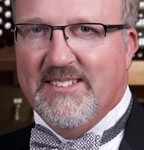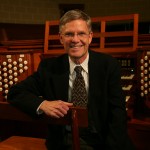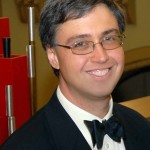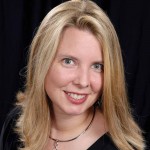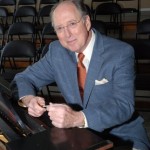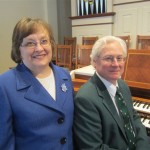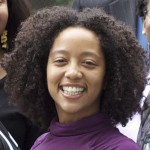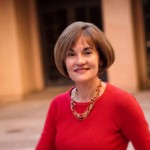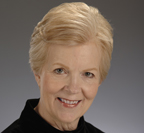Accompanying the Divine: Dramatic Improvisation in Liturgy and Silent Film
We often search for relevant meaning in our musical contributions to the liturgy we serve. In this hands-on workshop, we connect the dramatic musical expression found in successful silent film accompaniment and the dramatic meaning so hungered for by our congregations. In the silent film era, directors were often concerned with presenting stories that stirred audiences’ emotions. Across film genres, themes of social justice and the general state of the human condition are portrayed with great skill. How can we make similar and appropriate connections with our congregations through our music-making and, in particular, through musical improvisation?
Peter Edwin Krasinski currently serves as organist of First Church of Christ, Scientist in Providence and as accompanist at Beth El Temple Center, Belmont, Massachusetts. He is on the faculty of the Boston Archdiocesan Choir School, Cambridge and serves as organ consultant on a number of high-profile projects. He holds both a Bachelor of Music in music education and organ performance and a Master of Sacred Music from Boston University. A winner of the first prize in improvisation in the American Guild of Organists National Competition, he has played in concert at many of the world’s most important organ venues. He has premiered the art of silent film accompaniment at many distinguished venues, including Saint Paul Church, Cambridge; National City Christian Church, Washington, D.C.; Cathedral of St. Joseph, Hartford; Saint Joseph’s Oratory, Montreal; Second Congregational Church, Holyoke; and major halls in Yokohama, Fukui, Miyazaki, and Kanazawa, Japan.

